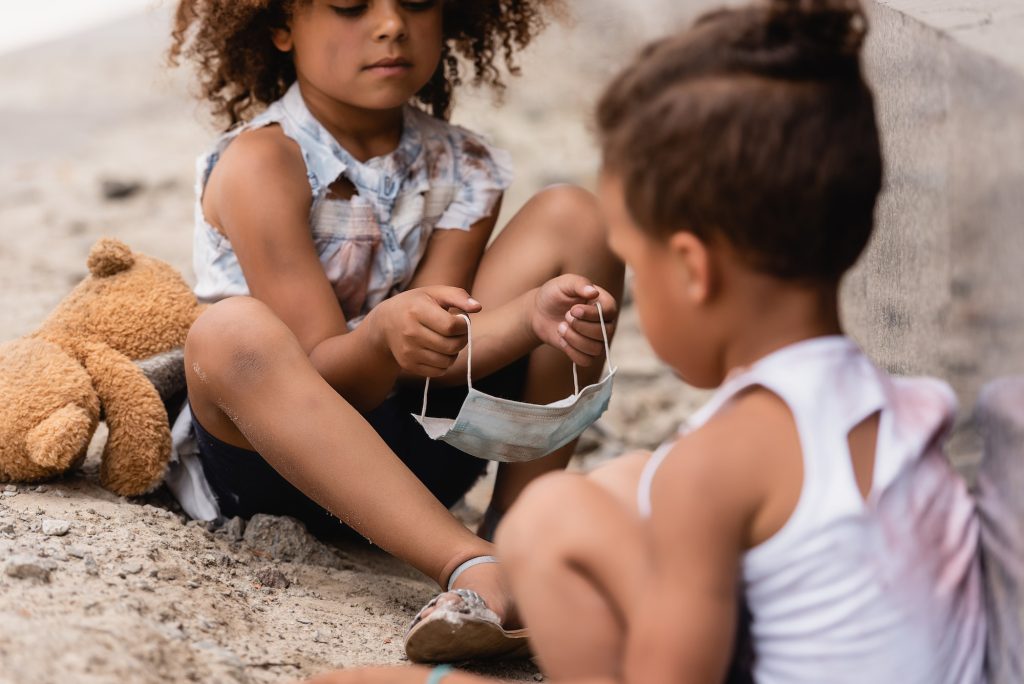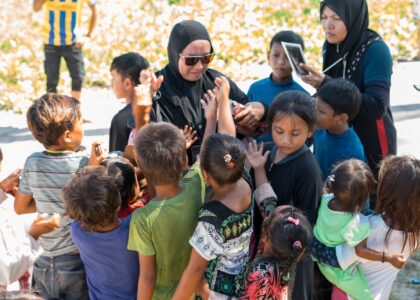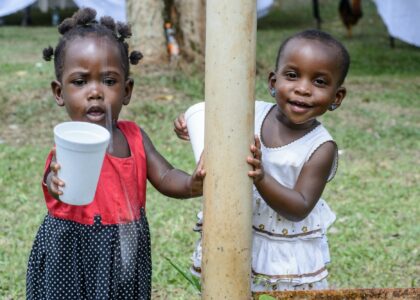Making a Difference in Families: The Power of Small Actions
In the intricate tapestry of human society, families stand as the fundamental unit, shaping individuals and communities alike. Within this framework, the influence of each member is profound, and the collective impact of their actions can reverberate far beyond the confines of their home. It is within this context that the concept of making a difference in families gains its significance.
Making a difference in families does not necessarily entail grand gestures or monumental acts; rather, it often begins with the seemingly mundane yet deeply meaningful moments of everyday life. It encompasses the myriad ways in which individuals contribute to the well-being, growth, and happiness of their loved ones.
At the heart of making a difference in families lies empathy—the ability to understand and share the feelings of others. Empathy fosters meaningful connections, promotes understanding, and strengthens bonds within the family unit. Simple acts of kindness, such as lending a listening ear, offering a comforting hug, or expressing appreciation, can make a world of difference in nurturing a supportive and loving family environment.
Communication also plays a pivotal role in shaping familial relationships. Effective communication fosters trust, encourages openness, and resolves conflicts constructively. By fostering an atmosphere where all members feel heard, valued, and respected, families can cultivate stronger connections and weather challenges more effectively.
Moreover, making a difference in families often involves fostering a culture of exclusivity and acceptance. Embracing diversity, celebrating individuality, and recognizing each member’s unique strengths and contributions can cultivate a sense of belonging and unity within the family. By creating an environment where everyone feels accepted for who they are, families can lay the foundation for mutual support and growth.
Beyond the confines of the immediate family, making a difference extends to the broader community. Engaging in acts of service, volunteering together, or supporting charitable causes as a family unit not only strengthens familial bonds but also instills values of compassion, generosity, and social responsibility in future generations. By leading by example, families can inspire positive change and contribute to the greater good.
Education also plays a crucial role in making a difference in families. Empowering family members with knowledge, skills, and resources equips them to navigate life’s challenges, pursue their aspirations, and contribute meaningfully to society. Whether through formal education, imparting life lessons, or fostering a culture of continuous learning, families can empower each other to reach their full potential.
Furthermore, making a difference in families involves prioritizing well-being—both physical and emotional. Encouraging healthy habits, prioritizing self-care, and offering support during times of stress or adversity are essential components of nurturing a thriving family dynamic. By prioritizing well-being, families can build resilience, foster happiness, and navigate life’s ups and downs with strength and grace.
In essence, making a difference in families is not about grand gestures or fleeting moments of heroism; it is about the cumulative impact of small, consistent actions rooted in love, empathy, and compassion. It is about creating a nurturing environment where each member feels valued, supported, and empowered to thrive. As we strive to make a difference in our own families, let us remember that the ripple effects of our actions can shape not only our own lives but also the world around us.








